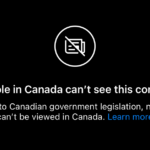Fixing the Broken Freedom of Information Process in Canada

Accessing government information in Canada is notoriously slow, often serving as more of a hindrance than a help for journalists. But The Globe and Mail’s Secret Canada project might be able to change that by providing a database of requests available to all.
The Access to Information Act gives every citizen, permanent resident, individual, or corporation in Canada the right to request access to records that are under the control of federal government institutions. These are frequently referred to as Freedom of Information requests, which are used to obtain records like reports, memos, emails, datasets, presentations, and inspection records.
As tedious as the FOI process is, they are a key part of investigative reporting and have been instrumental in breaking some of Canada’s most pressing stories throughout history. In 1984, an FOI request revealed that the Canadian government knew that hemophiliacs were becoming infected with HIV through contaminated blood, yet untreated and untested blood continued to be used. Documents obtained through an FOI in 2007 uncovered that Canadian soldiers had abused Afghan detainees.
In 1999, Globe reporter Daniel Leblanc started investigating what would become a massive federal sponsorship scandal with a simple FOI request. It came to light that the government under former Prime Minister Jean Chrétien had been awarding contracts to companies linked to the Liberal Party for doing little to no work. More recently, a 2023 FOI request by The Narwhal led to its discovery through (heavily redacted) emails that the senior staff in Ontario Premier Doug Ford’s office were discussing changes to the protective Greenbelt two months before the government opened it to development. This was a different narrative from what the staff had been telling the public: that they only found out about the proposal much later.
News Media Canada, a trade organization for newspaper publishers, has been concerned with the state of FOI systems in Canada since 1997. Journalists have long complained about governments restricting information either by withholding documents altogether or redacting those they do release. On top of this, there are expensive processing bills and long wait times, and if you file an appeal, the process is so backlogged that it can take years before someone looks at it. At that point, the information is old, completely defeating the purpose of the FOI system.
The Canadian FOI laws were written at a time when there were no emails, text messages, or social media conversations. As a result, the already understaffed department has significantly more records to process, adding to its delay.
Tired of a broken FOI system, in 2021 Globe journalists Robyn Doolittle and Tom Cardoso launched Secret Canada, an investigation into Canada’s FOI systems. The first project of its kind, its three main purposes are to serve as a comprehensible guide on how to file FOI requests and navigate the system; to create a database of the thousands of FOI request summaries filed in Canada (including FOIs from provincial meeting notes, universities, hospitals, school boards, cities, police services, and hundreds of other entities); and provide a space for FOI-related news.
Doolittle has a few tips for filing an FOI request. First, be careful with your wording and narrow your request. The broader the request, the harder it is to fulfill. Second, narrow the timeline you want to look at. Third, don’t ask questions in a FOI, ask for documents. Lastly, the fees for what ends up being a mostly redacted document can be ridiculous, so keep in mind that Secret Canada has free summaries from past FOI requests. For those unfamiliar with filing an FOI, Secret Canada provides a letter generator with templates on its website.
Secret Canada plans to expand to include new entities such as arts organizations and boards. “We want to keep growing and creating this useful database for everybody, but would really help news organizations and smaller markets with limited resources,” says Doolittle. “These reporters are stretched so thin as it is.”
Access Secret Canada’s Guide to FOIs


